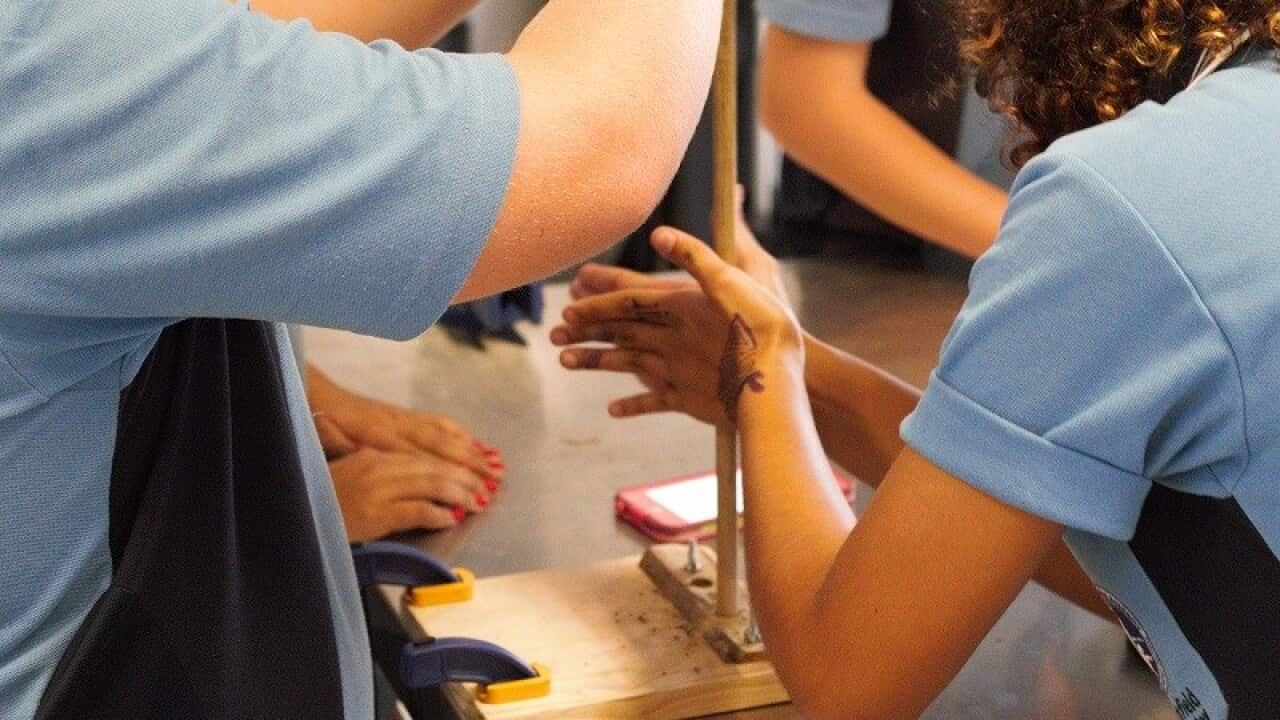The Stronger Smarter Institute Indigenous Knowledges in Science, Technology, Engineering and Mathematics (SSiSTEMIK) program kicks off next month with a series of workshops in Brisbane.
The program is part of a broader federal government push to harness traditional knowledge in schools.
Led by a handful of Indigenous experts over four days, the workshops aim to better equip teachers to incorporate Indigenous knowledge into their teaching pedagogy.
Victor Steffensen, an expert in traditional fire management, is among those leading the sessions.
"The whole reason for these workshops and sessions for the teachers is to bring them in and show them the value of these knowledge systems, and understanding how to deliver that," he says.
Growing up, the Tagalaka man says he struggled to engage with the school curriculum, despite being hungry to learn.
"My aspiration was to be on country, to learn about looking after the environment, and that sort of topic wasn’t there," he says.
"All the cultural knowledge wasn’t in schools either.
"So I failed school miserably, and I think if it was more relevant I would’ve done a lot better."
With programs like SSiSTEMIK, Mr Steffensen hopes things will be different for today's students.
"It’s going to change everything — not just for Indigenous kids, but for the broader community too when we start to show the values of traditional knowledge in education," he says.
"Because what that does, it brings in the landscape, it brings in the country and that is what is relevant because that’s where we live as a whole."
International studies that while Aboriginal and Torres Strait Islander students have a higher interest in science and maths than their non-Indigenous peers, they're still around two-and-a-half years behind in education outcomes.
"That then shows it isn’t the Indigenous young people who have the gap, it’s the education system," says Dr John Davis, Chief Research Officer at the Stronger Smarter Institute.
"There’s definitely a really keen interest across our cohorts, our schools, of doing things differently and doing things better for our young ones.
"Being able to have a culture that has been resilient and alive and active for 60,000 years is an amazing thing to draw strength from, and that’s what we really want to do, rather than focus on the [education] gap."




